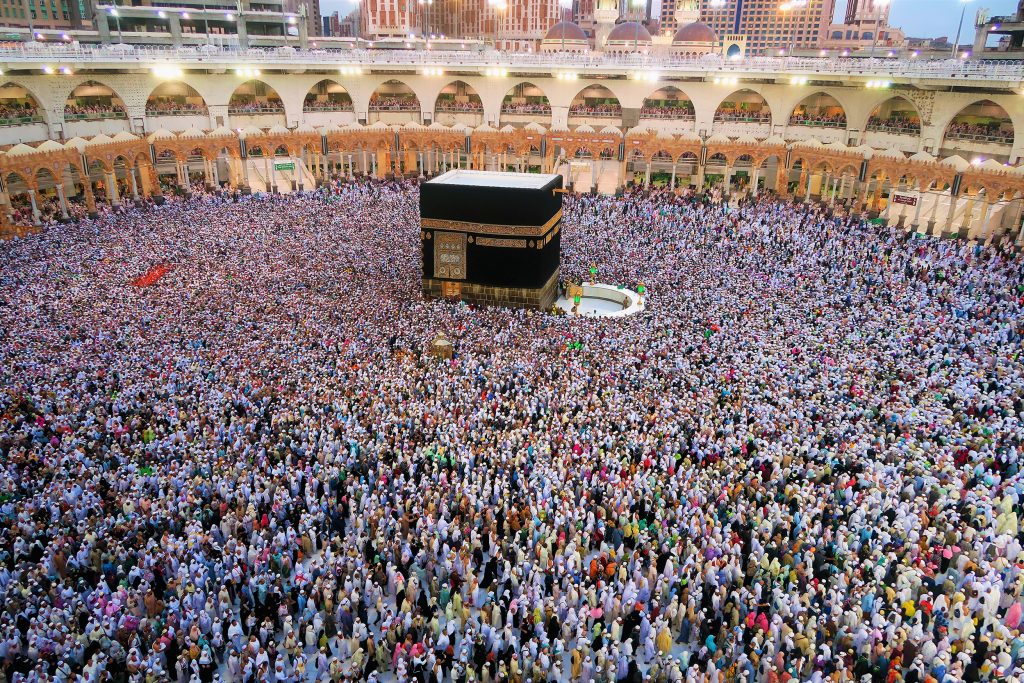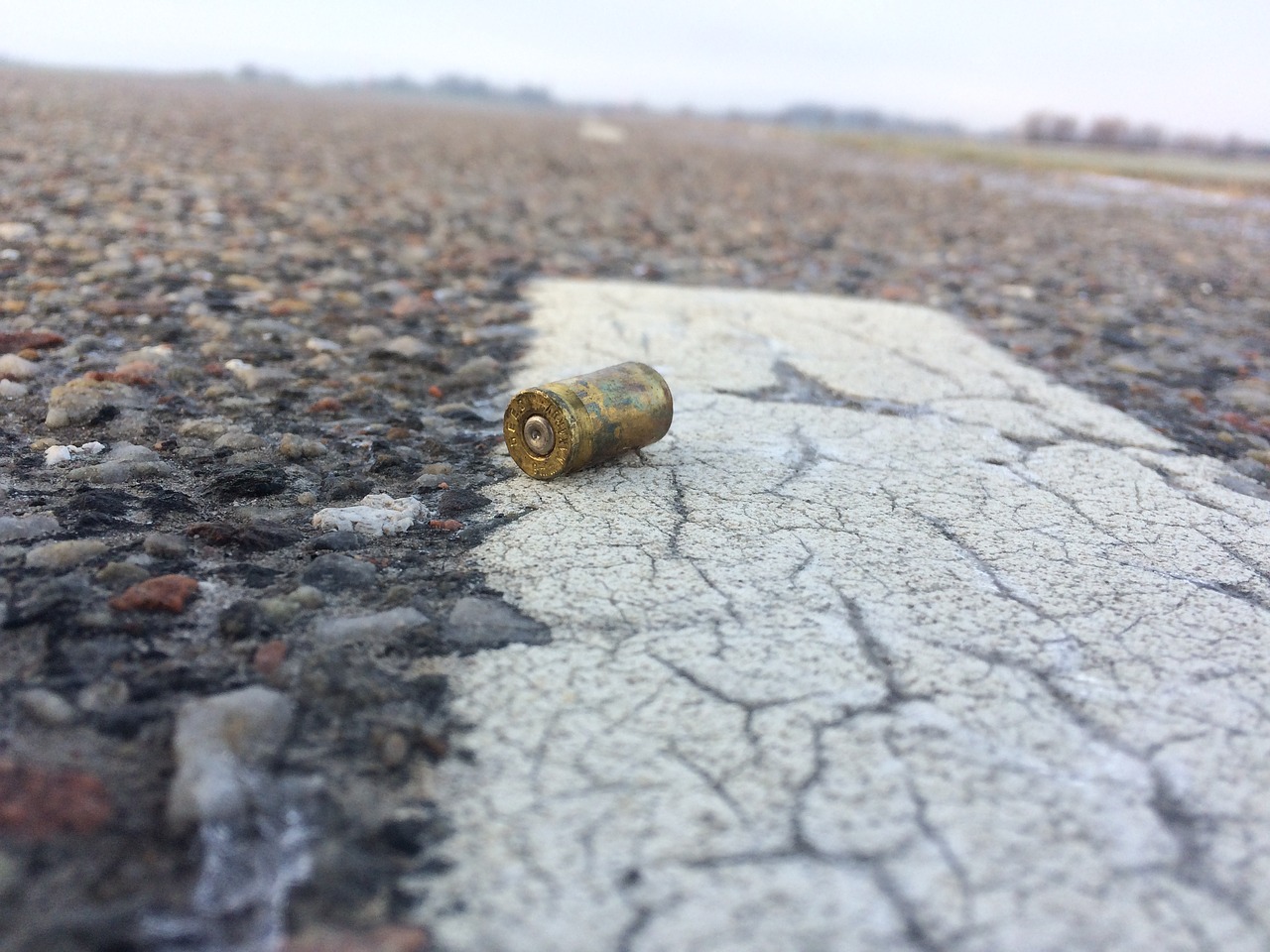Ramadan during a pandemic
This is Ramadan’s second time around during the pandemic, what does this mean for us?
Ramadan is the holy month of fasting for the religion Islam. Observers of the religion fast for the month from dawn to sunset. This is where we refrain from food, liquids, smoking and sexual intercourse. We also focus on controlling our gaze toward the opposite sex, backbiting, excessive consumption of food, excessive sleep, lying, overspending, wasting time and getting excessively angry.
Basically, this is a month in which we take time to observe our actions, knowledge and connection with Allah. This time is meant to increase our spiritual and mental growth where we can spend time healing, working on ourselves, getting closer to our religion and being grateful.
Throughout this month, some things that we can do and focus on are: giving charity to those who need it, reading the Quran and understanding its meaning, taking care of ourselves, praying our five daily prayers in addition to attending our local mosque to pray taraweeh which is after the fifth prayer of the day and focuses on the recitation of the Quran in the rakats prayed, being kind to others as well as fasting!
Not all observers of the month participate in the fast. Pregnant women, women who are breastfeeding, women who are menstruating, the elderly, children, travelers and people who are mentally challenged are all a few examples. Fasting is only one part of Ramadan, and with so many different ways we can earn deeds, refraining from food and water is not necessary nor required for everyone.
Here in the United States, we fast between 14 to 17 hours. Refraining from food and water can sometimes be challenging during the first few days. It depends on how each of our bodies react to fasting for long periods of time for 30 consecutive days. What I do to overcome this is refraining from food or drink during iftar and sahur that will make me thirsty or more hungry, such as salty dishes.
Soon, that desire of hunger or thirst is replaced with what we choose to indulge ourselves in for the day. This could be any of the various ways to fulfill our deeds or from other activities, such as studying or spending time with friends and family.
“Ramadan is one of the most beautiful and spiritually uplifting moments in the year that I have the honor and privilege of experiencing,” said Zaineb Aboud, an Irvine Valley College student and Co Executive Director of Free Uyghur Now. “This month has taught me and so many others to put kindness, love, family, community building, charity, and discipline as key permanent aspects of life.”
Ramadan means enlightenment, healing, spiritual and mental growth, kindness, charity, tawakkul (trust in Allah), peace, living in the moment, doing good deeds, helping others and self love for me. I see how much Allah cares for us that he reserved a month out of the year for us to earn even more good deeds, get closer to him and our religion, take care of ourselves and improve our character.
“Ramadan for me is a spiritual reset. It’s as though throughout the rest of the year, there is this constant white noise of chaos, but in Ramadan – the din silences, leaving only the quietude of the natural world, and the soul. Like the world internally has finally gone tranquil, and that peaceful feeling emanates. An intense, almost secret solitude, where I feel closest to God, and myself,” said Mennah El-Gammal, an Egyptian-American graduate student at Duke University.
This month is important to me because out of all 365 days in the year, this is the mark where we can change ourselves and have the actions we take during this month continue for the rest of the year, and even the rest of our lives. There is a different sense of peacefulness and love that serenades the earth during this month.
“Unfortunately, there are many Muslims around the world like the Uyghurs who have been severely denied their human right to observe Ramadan with their brothers and sisters,” said Zaineb. “For this reason, it is imperative we uplift and help them fight for their rights and dignity, not only during this holy month but forever and always.”
As we are able to observe Ramadan here in the U.S. and many other countries, we must also think of Muslims who are prohibited to fast or otherwise observe the holy month.
Meryem Sultan, an Uyghur Turk from East Turkistan who is now in Turkey, gave a testimony in Turkish appeared on the Youtube channel “IHH Insani Yardim Vakfi” titled “Being A Muslim Was to Choose Death / The Testimony of Meryem Sultan for East Turkestan.”
Meryem describes her childhood in Aksu, East Turkistan to be great, but only at home where there was love. In school, she said there was abuse and political education. She said they fasted in secret as children in their home, with only a candle for the pre dawn meal because lights were forbidden at that time of night. At school, they would feed them food and water, and whoever was caught fasting would be suspended.
“My family and I have spent many years among a Sunni Muslim people, the Uyghurs, who are in the midst of a genocide in NW China. Part of the tragedy of the genocide is the theft of many Ramadan traditions. Ramadan has been special for my Uyghur friends as a time to discipline themselves to focus their attention on God,” said Bill Clark, a Christian peacemaker and the Northwest Director for the Peace Catalyst International.
As Uyghurs abroad are able to observe Ramadan, the reality for Uyghurs in East Turkistan is nonexistent. The beauty of Ramadan is observing it with loved ones, eating traditional foods, being able to read or listen to the Quran and learn more about Islam. This right has been taken away unjustly from Uyghurs in East Turkistan, and their identity as Muslims and Uyghurs is being erased.
The more I listen to testimonies of Uyghurs and Muslims who are unable to observe Ramadan due to oppression, the more I focus my time and energy on goals that will have permanent effects and not the temporary pleasures of the world, I am able to see how blessed many of us are. The privilege we have to fast and practice our religion safely without being harassed or thrown into a concentration camp is a privilege I want to emphasize.
Time is temporary, and these 30 days given to us are a chance to reflect, cherish, fulfill, nurture and flourish as Muslims. No good deed is little, and a small act of even a smile can go a long way to having a lifelong impact. I hope we all have a happy and blessed Ramadan, may we see the positive outcome of it throughout the year and may we reach next Ramadan.



